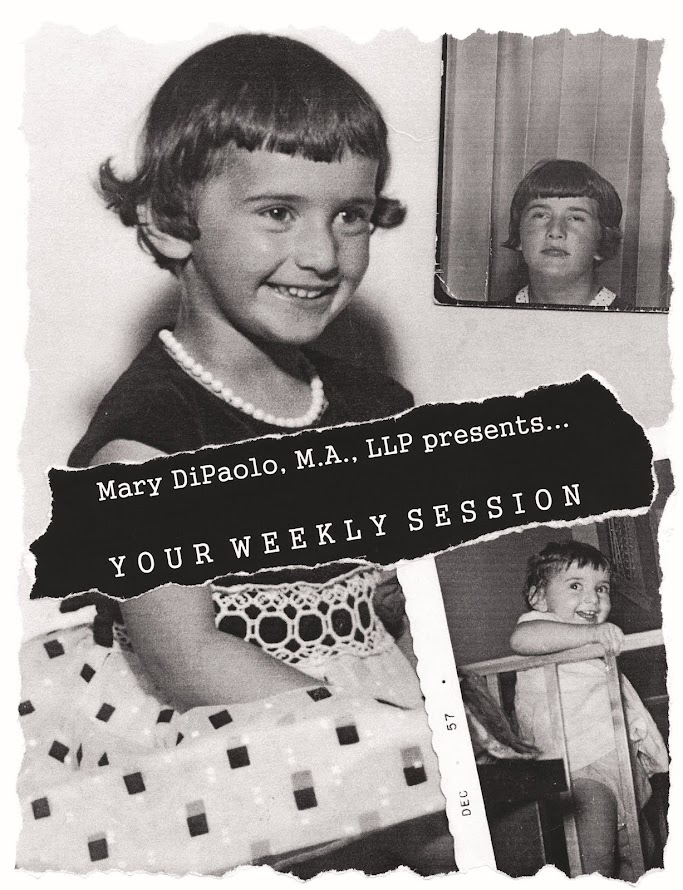I was having a phone conversation with an old friend of mine today. We talked about lots of things---among them the topic of "lying" came up. I told him about a friend of mine who has recently lied to me in a very big way and how disappointed I was as a result. He then asked me point blank why people lie. So, here's my answer to that question...
Lying is our own dysfunctional way of painting a better and prettier picture for ourselves (and others) of reality. That's the sanitized version which does not take into account pre-existing mood disorders, an abuse history, avoiding personal responsibility as a way of life, poor or non-existent self-esteem, a lust for power, and problems with jealousy and envy. When these other issues are part and parcel of a person's inner reality---then lying becomes much more than a bad habit we need to break. It can and does become "second nature" in order to "do" life and relationships day-by-day...
Addicts are a phenomenal example to look at when it comes to lying as a lifestyle. Did you ever meet an addict who did NOT lie? Being addicted and lying goes together like urine and excrement. (Though I put it less clinically to my friend in our conversation today!). Of course with addicts, it's fairly obvious why they lie as much as they do: they want money to buy drugs, they want to be left alone to use drugs, they want to feel like they have more control over their life than they really do, they want to keep using drugs without any accountability, etc. etc. and the list goes on. Addicts are also addicts because they use their substance or addictive process of choice to avoid facing the pain (past and/or present) of their lives. As such, why would an addict be truthful? There's no "point" to it in the larger context of their life and lifestyle choices. Lying not only helps them avoid facing their painful past histories...but allows an addict to keep getting high without authentic guilt, remorse, or incentive to change. Many addicts have told me point blank they'd prefer death than to face the pain they are working so hard to avoid. Obviously these folks don't get it about how the truth sets us free once we start talking truth to ourselves and others. But that's another topic for another blog post....
What about liars whose lives seem to appear quite "normal" to the untrained eye? Why would they lie? Well---once again, to paint a prettier picture. If I can persuade you that I am more patient, kind-hearted, loving, accepting, good, (fill in the blank with whatever else!) than the next person through my lies (as opposed to just "showing" you through my life and behavior)---then guess what? I'm going to be more tempted to lie to you under the "right" circumstances in my own mind. We all do this from time to time with each other. Maybe we don't believe our own resume of accomplishments ("I may be the CEO of this company, but I really feel like an imposter just playing a role...") and aren't even consciously aware of how poorly we think of and/or treat ourselves in the general sense. I've had plenty of clients who have looked at me askance when I've suggested how they can learn to accept themselves, as they are and, as a result, treat themselves kinder and gentler over time. You'd think I'd have suggested that they run in the middle of I-696 during rush hour!
The saying I love the most about lying is this: Always tell the truth so you don't have to remember what you said. Lying is hard work. It is ultimately destructive. It serves no good and positive purpose over time. It's---a LIE! A "false reality" to go along with a person's "false self" which has been created to avoid the truth in all its shapes and forms. Lying by choice or by unconscious default is a terrible way to live. A person who falls into the trap of lying as a way of life is living only 1/2 a life if that.
Breaking lying as a bad habit or lifestyle choice is possible. It begins by getting real (and truthful!) with oneself and then sharing that truth with a trusted other. Whether that trusted other is a friend, pastor, family member, or professional therapist....it's the first step in getting better-----by getting real.
Until next time...
